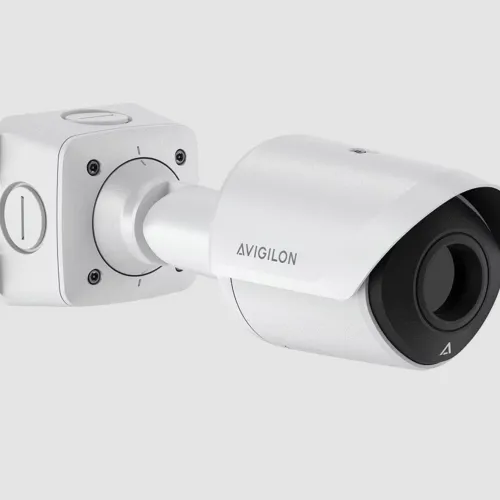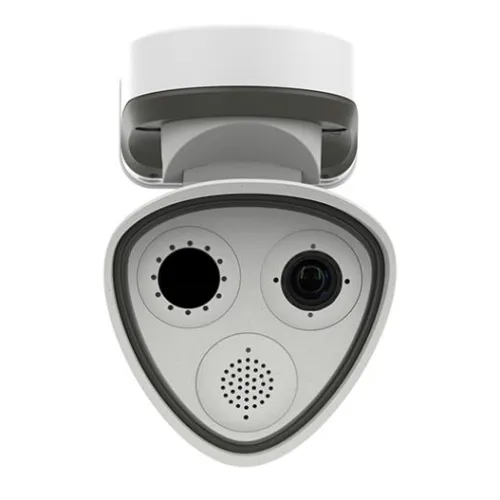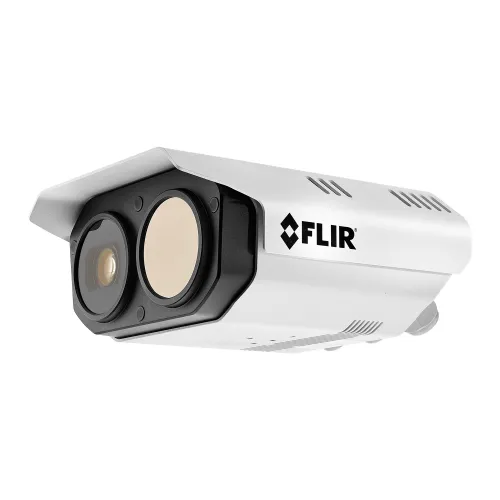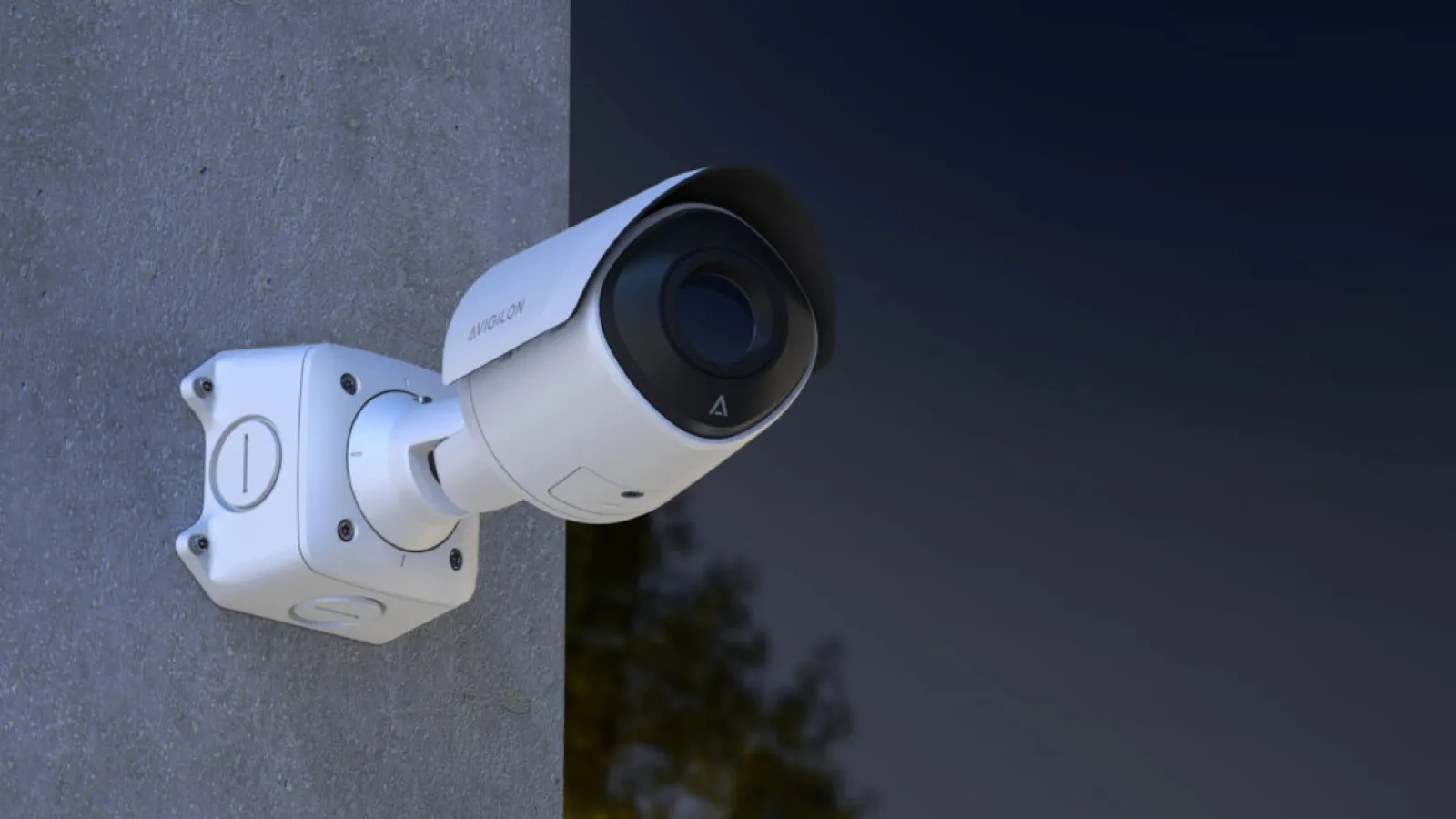
Enhanced Security with Advanced Thermal Cameras
Discover the power of thermal security cameras for advanced surveillance and threat detection in low-light and complete darkness
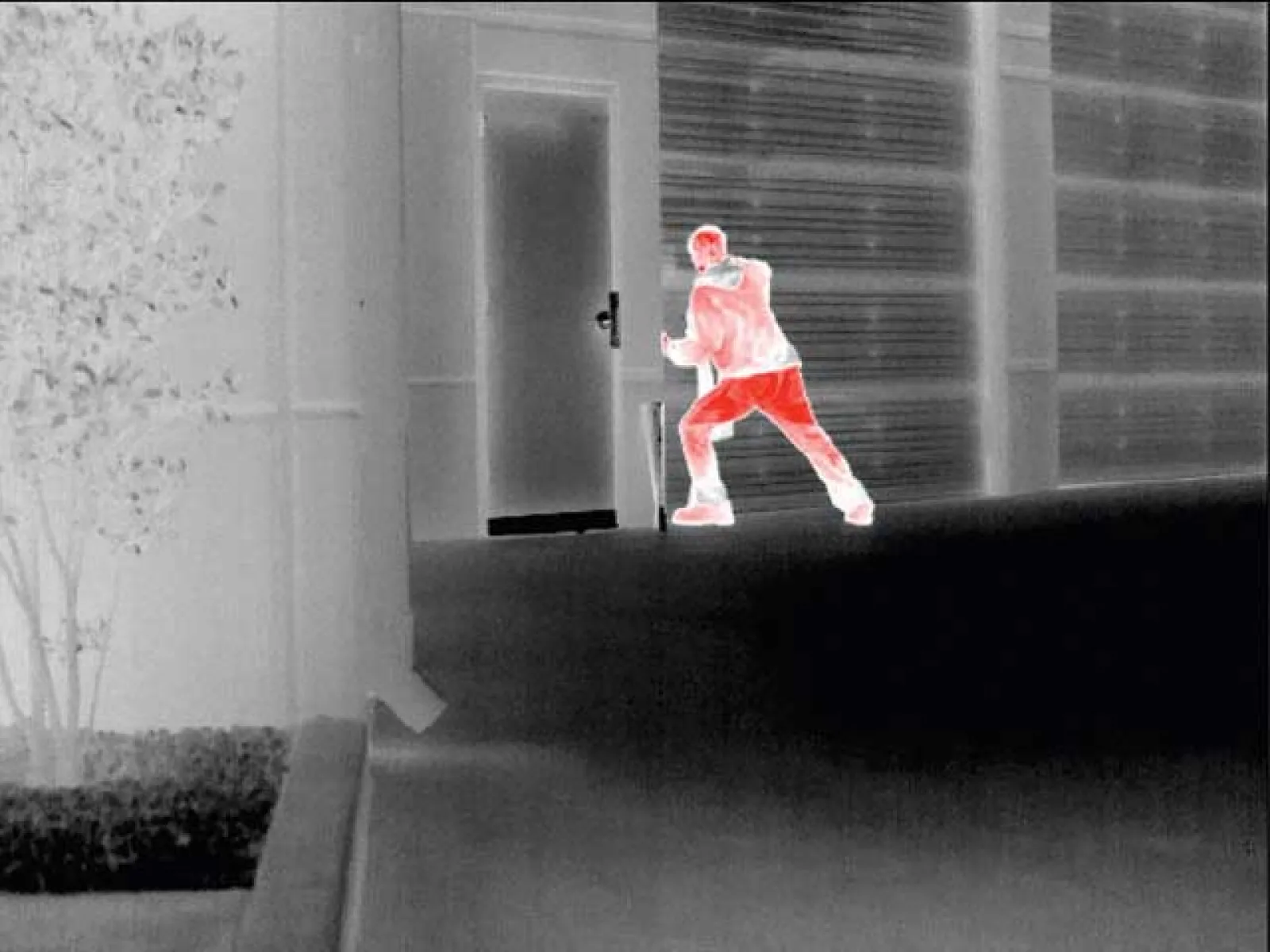
What are Thermal Security Cameras?
Facilities should consider the use of thermal security cameras due to their unique advantages. These cameras excel in scenarios where standard cameras fall short. They can detect intruders, even camouflaged or hidden in foliage, by emitting heat. This technology is invaluable for enhancing security, particularly in areas with low visibility or high-security requirements. Additionally, thermal cameras reduce false alarms triggered by natural elements like animals or moving vegetation, ensuring a more accurate and efficient surveillance system.
Enhanced Nighttime Visibility: Thermal cameras excel in nighttime surveillance by detecting heat signatures, ensuring reliable security coverage 24/7 without relying on visible light sources.
Advanced Intruder Detection: Thermal cameras excel at detecting intruders by capturing body heat, even in challenging outdoor environments. This precision reduces false alarms, enhancing safety.
Energy Efficiency & Cost Savings: Thermal cameras identify outdoor energy inefficiencies, such as heat loss or equipment problems, supporting cost-saving and sustainable efforts.
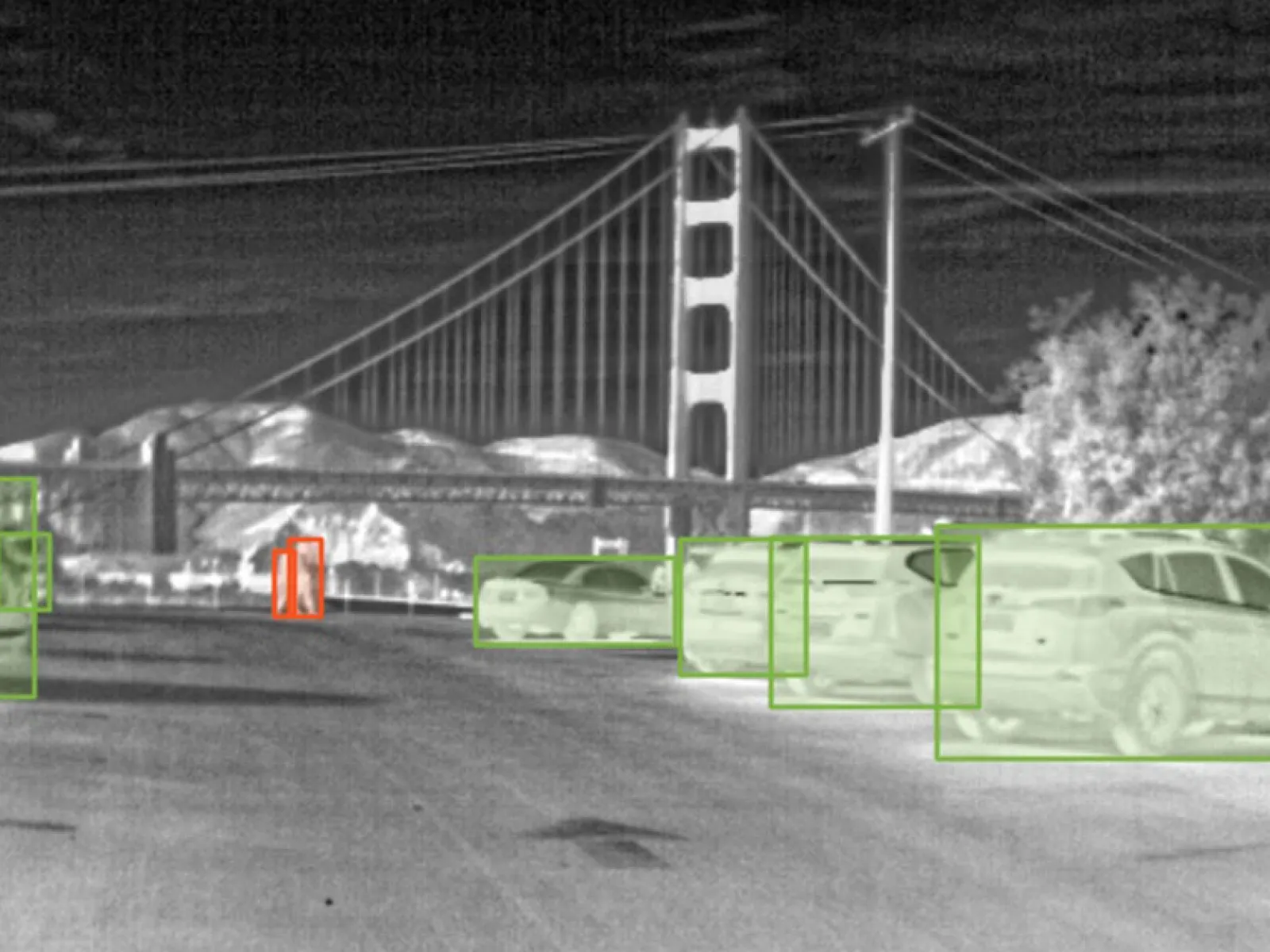
Long-Range Detection
Thermal security cameras excel at long-range detection, allowing you to monitor expansive outdoor areas with clarity. Their ability to detect heat signatures at great distances ensures early threat identification, giving security personnel ample time to respond effectively. This feature is invaluable for facilities with extensive perimeters or large open spaces.
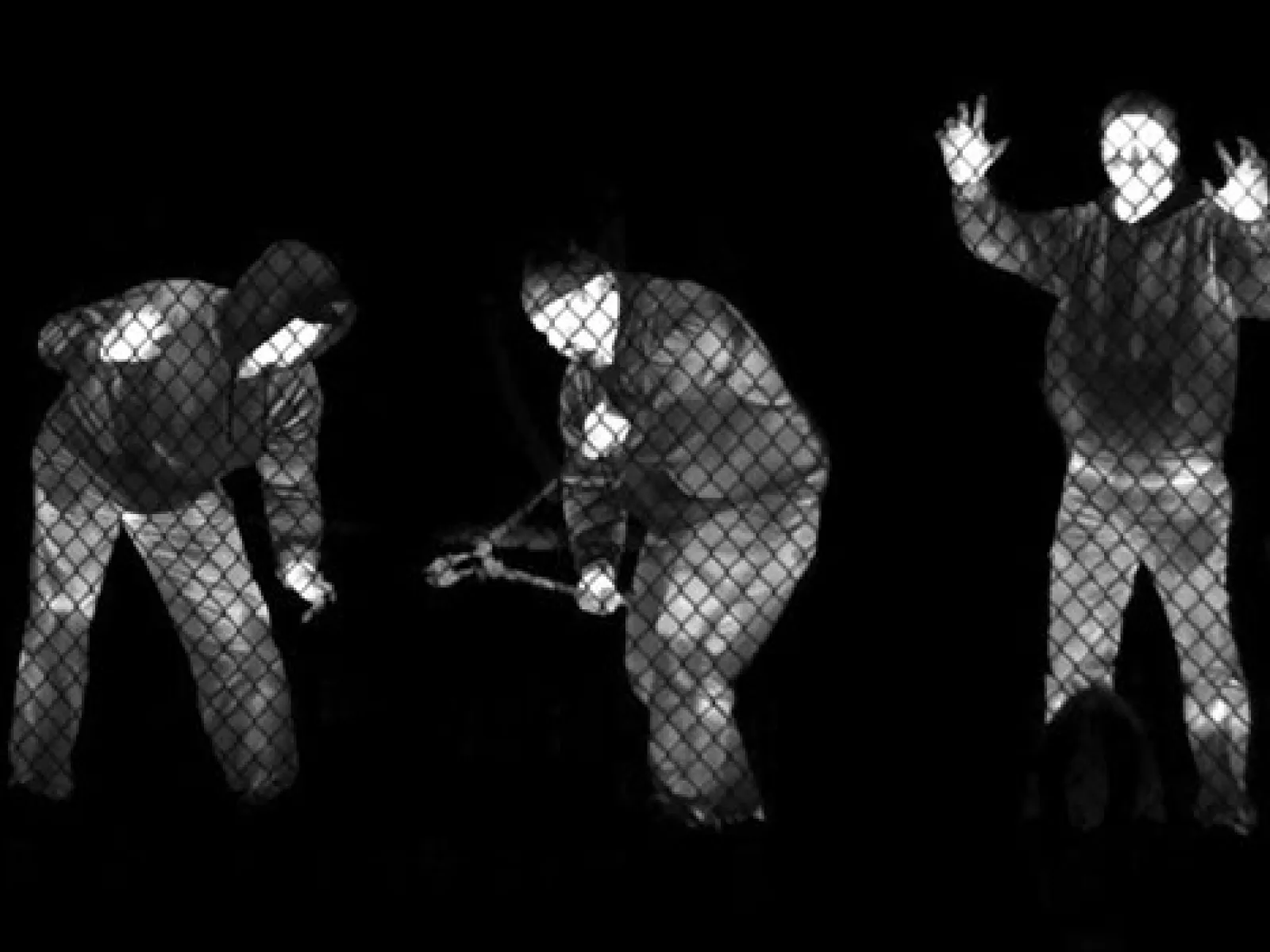
Accurate Intruder Detection
Thermal cameras provide accurate intruder detection by capturing heat emitted from individuals or objects. This level of precision reduces false alarms, as thermal cameras distinguish between living beings and inanimate objects. Whether it's detecting trespassers in remote outdoor locations or monitoring critical infrastructure, the accuracy of thermal cameras enhances security.
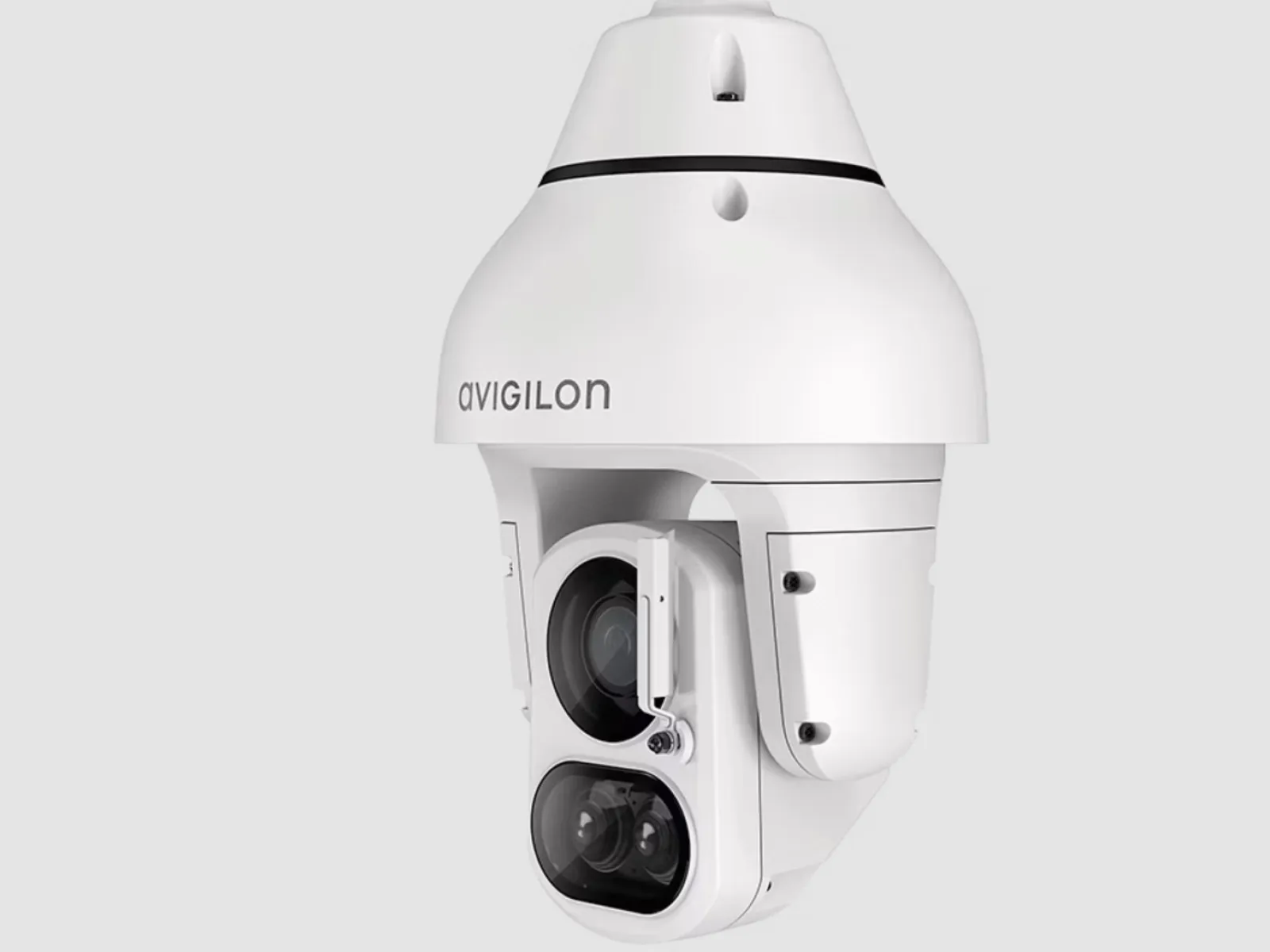
All-Weather Reliability
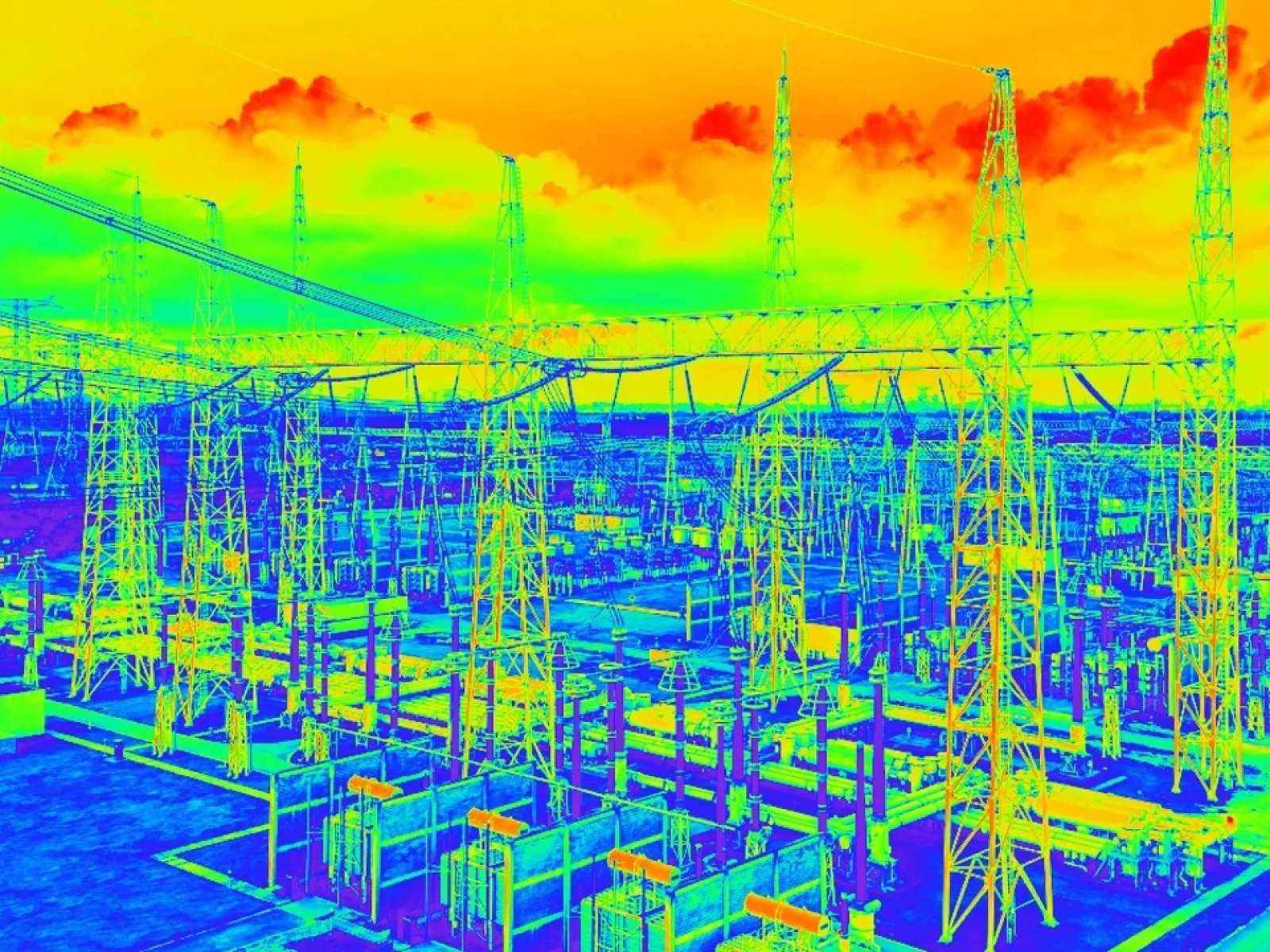
Equipment and Temperature Monitoring
Thermal security cameras extend their utility beyond security by enabling equipment and temperature monitoring. They can track the temperatures of critical machinery, products, or utility infrastructure. When abnormal temperature variations occur, these cameras trigger notifications, allowing for timely intervention. This proactive approach helps maintain optimal equipment performance, prevents overheating, and minimizes downtime, making thermal cameras indispensable for industrial applications.
Comparative Advantages: Thermal Security Cameras vs. Non-Thermal
Explore the key distinctions between thermal security cameras and their non-thermal counterparts to make informed decisions for your facility's surveillance needs.
Thermal Security Cameras
-
Nighttime Surveillance: Provides clear visibility in total darkness.
-
Advanced Intruder Detection: Detects heat signatures for precise threat identification.
-
Energy Efficiency Insights: Pinpoints areas of heat loss for cost-saving improvements.
-
Equipment and Temperature Monitoring: Monitors machinery, product temperatures, and power utility.
-
Reduced False Alarms: Minimizes false alarms through heat-based detection.
Non-Thermal Security Cameras
-
Daytime Surveillance: Offers visibility mainly during daylight hours.
-
Standard Intruder Detection: Relies on visible images for threat identification.
-
Limited Energy Insights: Lacks the ability to assess energy inefficiencies.
-
Potential for False Alarms: More susceptible to false alarms from non-heat sources.
-
Weather-Dependent: May struggle in adverse weather conditions.
Frequently Asked Questions (FAQs) about Our Thermal Camera Solutions
Q
What Are Thermal Security Cameras, and How Do They Work?
Thermal security cameras use infrared technology to detect heat emissions from objects and living beings. They convert temperature differences into visible images, enabling efficient surveillance even in low-light or total darkness.
Q
What Are the Main Benefits of Using Thermal Cameras for Security?
Thermal cameras offer enhanced nighttime visibility, advanced intruder detection through heat signatures, energy efficiency insights, and the ability to monitor equipment and temperatures effectively.
Q
Can Thermal Cameras Detect Intruders in Harsh Weather Conditions?
Yes, thermal cameras are designed to operate effectively in challenging weather conditions, including rain, fog, and snow, providing reliable security coverage year-round.
Q
Are Thermal Cameras Prone to False Alarms?
Thermal cameras are less susceptible to false alarms caused by non-heat sources like moving branches or animals, thanks to their heat-based detection. However, false alarms can still occur under certain conditions.
Q
How Do Thermal Cameras Contribute to Energy Efficiency?
Thermal cameras can identify energy inefficiencies, such as heat loss, malfunctioning equipment, or insulation problems. Addressing these issues promptly leads to energy savings and reduced operational costs.
Q
Can Thermal Cameras Be Used for Equipment and Temperature Monitoring?
Yes, thermal cameras can monitor machinery, product temperatures, and power utility for optimal performance. They can provide notifications regarding abnormal temperature levels, ensuring equipment and products remain in their intended condition.
